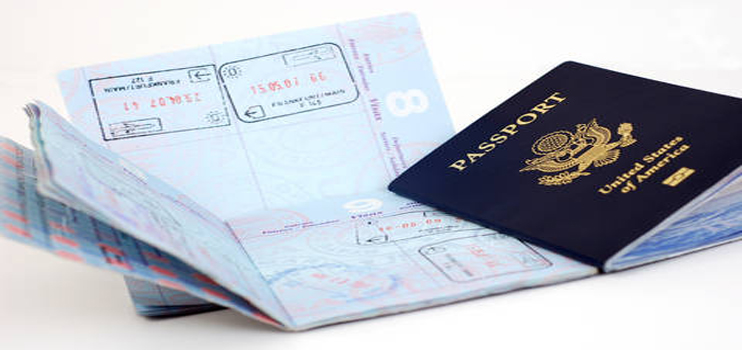Scrap onerous visa system: IATA
05 June, 2018
3 min read


International airlines want to end the aggravation of onerous visa applications and make travel between countries easier as part of a push to remove barriers to traveling.
Two-thirds of the world’s population needs to obtain a traditional visa before heading off to the airport and some advanced economies are worse offenders than their emerging counterparts.
The most restrictive regions are North America, Central Africa and North Africa, according to the International Air Transport Association.
The most open areas are South-East Asia, East Africa, the Caribbean and Oceania.
With airline passenger numbers expected to grow to 6.9 billion by 2037, IATA sees the removal of onerous travel barriers and the free movement of people across borders as essential to the spread of the economic and social benefits of aviation.
WATCH: slipping into LAX at sunrise.
It also worries whether airports will be able to keep up with increasing passenger numbers, arguing only four of the 100 biggest airports by passenger volume are undertaking upgrades over the next decade are undertaking upgrades to keep pace with the growth.
It believes both issues will need to be addressed simultaneously if the increase is to be accommodated.
In the case of visas, it supports an “Open Borders” strategy that urges states to reconsider the practice and remove unnecessary restrictions. It also wants travel restrictions to be viewed in the same way as a tariff and be included in bilateral and regional trade negotiations.
“Visa processes can be cumbersome, they can be expensive, they are fragmented,’’ IATA senior vice president airport, passenger, cargo and security Nick Careen said at the association’s Sydney conference.
Careen said visa requirements impeded the ability to travel, particularly for nationals of emerging economies in areas such as Asia, Africa, Latin America and the Middle East.
He said the emerging economies tended to be more open in terms of travel restrictions but the ”flip side of the coin” was that their nationals required visas to travel elsewhere.
One way to address the situation is to allow governments to access information through a trusted framework that Careen likened to the credit card system’s ability to validate information across different countries.
There is already a variety of trusted traveler programs across the world and the IATA expert said linking these would be a big help. He pointed to the co-operation between the US and Canada as a good example.
READ: cabin crew deal with an ancient evil.
“First of all, it would be a key component in terms of risk-based security measures, so you can reduce the level of screening required because you have information,’’ he said.
“And also if you can you use cross-border travel programs, it also improves the actually use and efficiency of your systems.”
IATA’s global passenger survey found 75 percent of travelers were comfortable with using information for this purpose.
Careen said costly advanced passenger information (API) airlines are required by governments to collect was not always used in the right way.
IATA wanted to move to a more interactive API environment so the decision whether to allow a passenger to fly or not fly can be made before boarding instead of when passengers arrive, he said.
Get the latest news and updates straight to your inbox
No spam, no hassle, no fuss, just airline news direct to you.
By joining our newsletter, you agree to our Privacy Policy
Find us on social media
Comments
No comments yet, be the first to write one.

